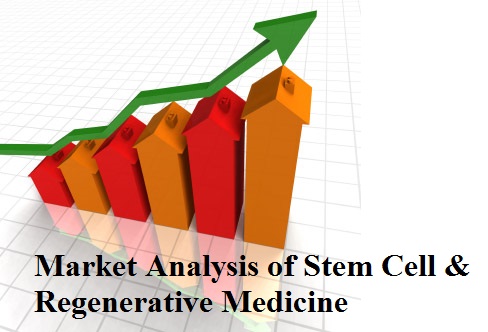
Monika Glemžaite
Vilnius University, Lithuania
Title: DNMT and p53 inhibitors are potential cardiomyogenic differentiation inducers of human amniotic fluid derived mesenchymal stem cells
Biography
Biography: Monika Glemžaite
Abstract
Human amniotic fluid-derived mesenchymal stem cells (AF-MSCs) are fetal mesenchymal stem cells having multilineage differentiation potential and found in amniotic fluid. The aim of the present study is to assess the potency of AF-MSCs to differentiate into cardiomyogenic lineage in vitro using DNMT inhibitors, Decitabine, Zebularine, RG108 and p53 inhibitor Pifithrin-α and determine epigenetic changes during this differentiation. Cells were obtained from amniocentesis samples from second trimester women who needed prenatal diagnostics (protocols approved by the Ethics Committee of Biomedical Research of Vilnius District, No 158200-123-428-122). Isolated AF-MSCs were characterized by cell surface markers (CD44, CD90, CD105 positive and CD34 negative) and stem cells pluripotency genes (OCT4, SOX2, NANOG, REX1). Cardiomyogenic differentiation was confirmed by cell staining as well as by expression of cardio myogenesis-related genes NKX2-5, TNNT2, MYH6 and DES using RT-qPCR. MTT assay showed that all differentiation inducers and especially Pifithrin-α suppressed cell proliferation at the beginning of differentiation. Western blot analysis of epigenetic changes revealed the reduction in levels of Polycomb repressive complex 2 (PRC2) proteins EZH2 and SUZ12 and chromatin remodeling enzymes DNMT1, HDAC1/2 and HP1α after AF-MSCs induction with all agents. Also, alterations in marks both keeping active (H3K4me3, H3K9Ac and H4hyperAc) and repressed (H3K27me3 and H3K9me3) state of chromatin were observed. Our results demonstrate various changes in genetic and epigenetic profiles of AF-MSCs differentiated into cardiomyocytes progenitors resulting in global chromatin remodeling. Therefore AF-MSCs can be proposed as a potential alternative of stem cells for regenerative medicine.

